Description
Spirulina: A Tiny Algae with Mighty Health Benefits
Spirulina, a blue-green algae that thrives in both fresh and saltwater, has been touted as a superfood for decades. But is the hype justified? This article dives into the world of spirulina, exploring its nutritional powerhouse, potential health benefits, and how you can incorporate it into your diet.
What is Spirulina?
Spirulina isn’t just any algae; it’s a cyanobacterium, a single-celled organism known for its ability to photosynthesize. Historically, it served as a food source for ancient civilizations in Africa and Mexico. Today, it’s cultivated globally, primarily for its impressive nutritional profile.
A Nutritional Powerhouse Packaged in a Tiny Algae
Spirulina is a nutritional powerhouse, boasting a wealth of essential vitamins, minerals, and antioxidants. Here’s a glimpse of what makes it so special:
- Protein: Spirulina is a complete protein, containing all nine essential amino acids, making it a valuable source for vegetarians and vegans.
- B Vitamins: Rich in B vitamins, particularly B12 (although bioavailability can be a concern), it contributes to energy production and nerve health.
- Iron: A good source of iron, which is crucial for red blood cell formation and preventing anemia.
- Copper: Essential for various bodily functions, including iron absorption and nerve function.
- Antioxidants: Loaded with antioxidants like phycocyanin, which gives spirulina its blue-green hue and helps protect cells from damage caused by free radicals.
- Other nutrients: Spirulina also contains magnesium, potassium, manganese, and essential fatty acids like gamma-linolenic acid (GLA).
Potential Health Benefits: Backed by Science
While more research is needed, studies suggest that spirulina offers a range of potential health benefits:
- Antioxidant and Anti-Inflammatory Properties: Phycocyanin, a key component of spirulina, exhibits powerful antioxidant and anti-inflammatory properties. This could potentially help protect against chronic diseases like heart disease and cancer.
- Cholesterol Reduction: Some studies suggest that spirulina can help lower LDL (“bad”) cholesterol and triglycerides, while increasing HDL (“good”) cholesterol.
- Blood Sugar Control: Research indicates that spirulina may improve blood sugar levels, making it potentially beneficial for individuals with diabetes.
- Allergy Relief: Spirulina might help alleviate symptoms of allergic rhinitis (hay fever) by reducing inflammation and histamine production.
- Muscle Strength and Endurance: Some studies suggest that spirulina supplementation can improve muscle strength and endurance, particularly during exercise.
- Detoxification: Spirulina may help detoxify the body by binding to heavy metals and facilitating their removal.
How to Incorporate Spirulina into Your Diet
Spirulina is typically available in powder, tablet, and capsule form. Here are a few ways to add it to your daily routine:
- Smoothies: Blend spirulina powder into your favorite smoothie for a nutrient boost. Start with a small amount (around 1 teaspoon) due to its strong flavor.
- Juices: Mix spirulina powder with fruit or vegetable juice.
- Sprinkling: Sprinkle spirulina powder over salads, yogurt, or oatmeal.
- Taken as a Supplement: If you prefer, take spirulina in tablet or capsule form as directed.
Important Considerations and Potential Side Effects
While generally considered safe, it’s important to consider the following:
- Source: Choose a reputable brand that ensures purity and tests for contaminants like heavy metals.
- Dosage: Start with a low dose and gradually increase it to assess your tolerance.
- Potential Side Effects: Some individuals may experience mild side effects like nausea, stomach cramps, or diarrhea.
- Interactions: Spirulina may interact with certain medications, so consult your doctor before taking it, especially if you have an autoimmune disease or are taking blood thinners.
- Phenylketonuria (PKU): Individuals with PKU should avoid spirulina as it contains phenylalanine.
The Bottom Line
Spirulina is a nutrient-dense algae with a promising array of potential health benefits. While more research is needed to confirm these benefits, its impressive nutritional profile makes it a worthwhile addition to a healthy diet. Just remember to choose a high-quality source, start with a low dose, and consult your doctor if you have any concerns. This tiny algae could be a powerful ally in your quest for optimal health and well-being.

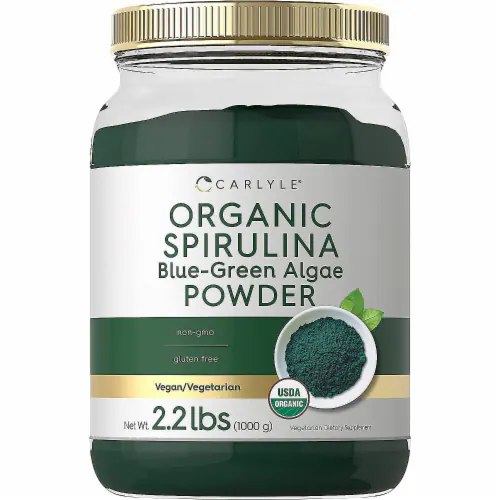

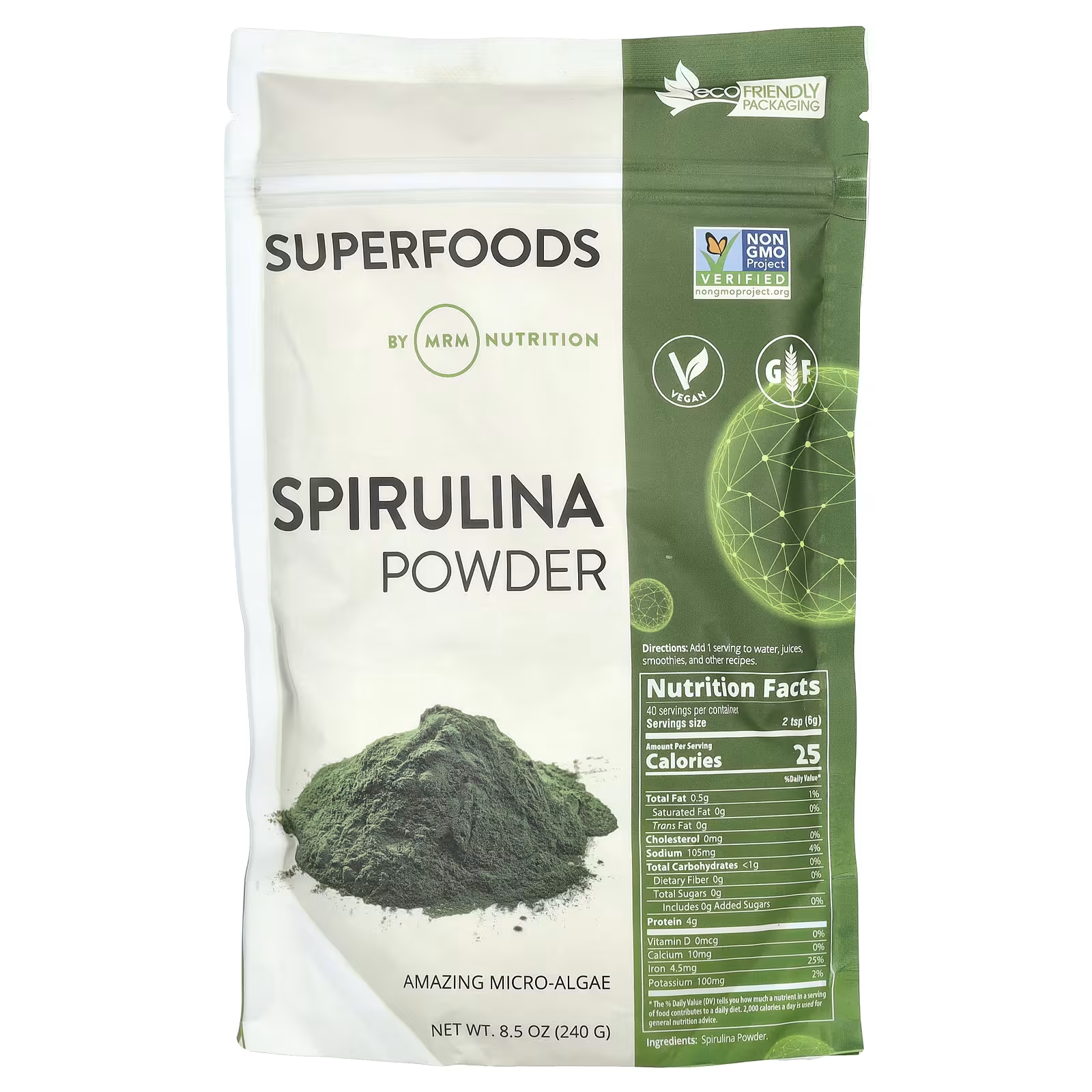

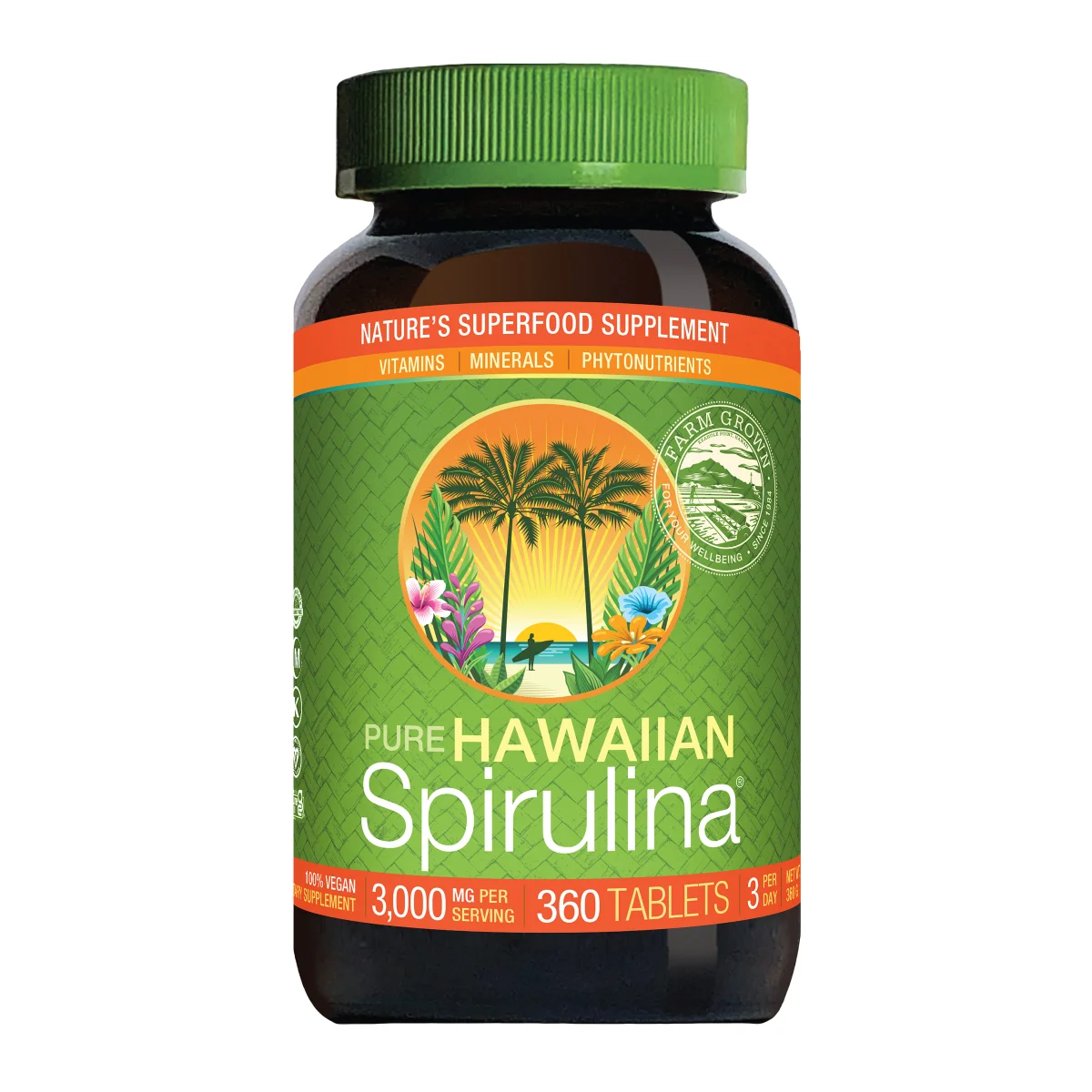
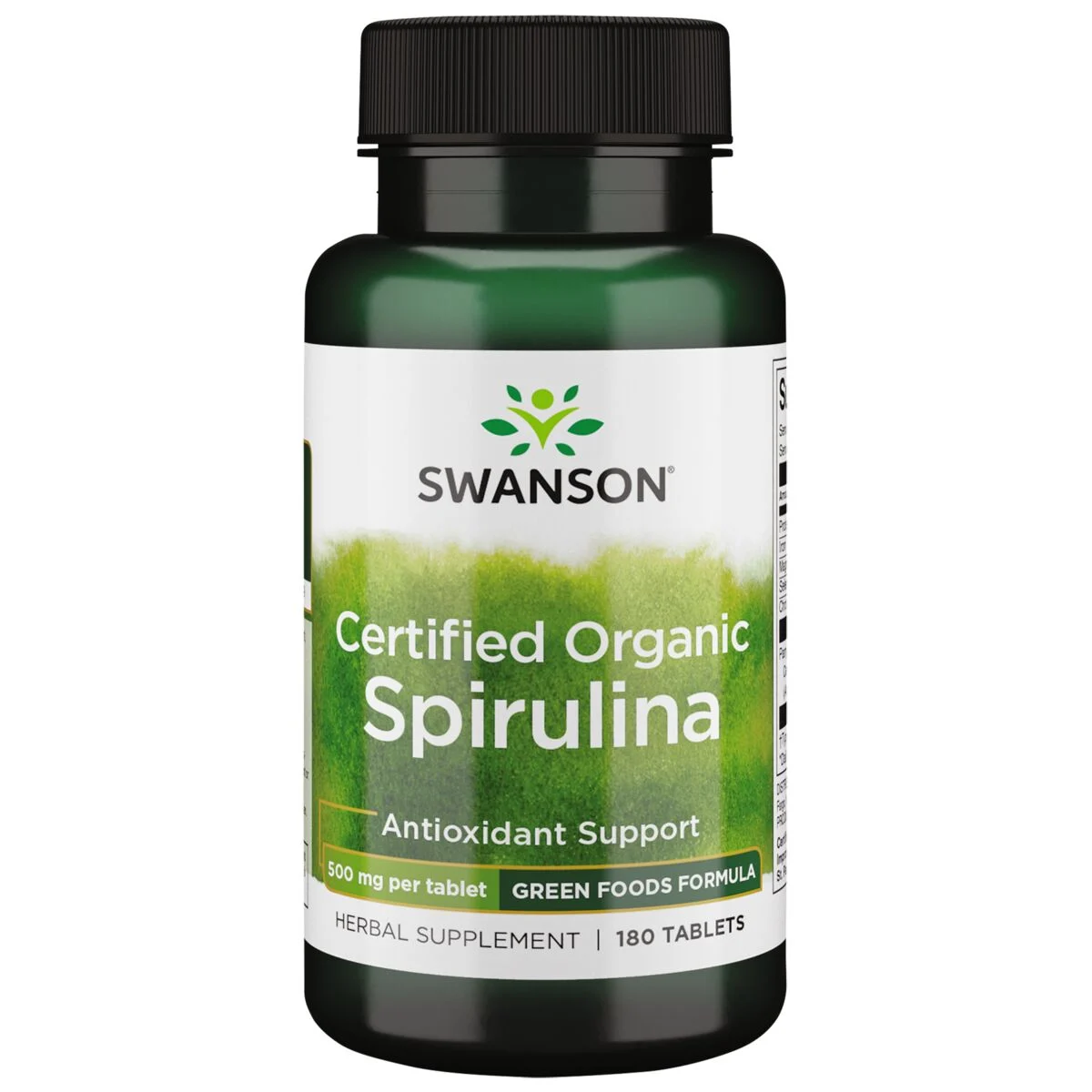

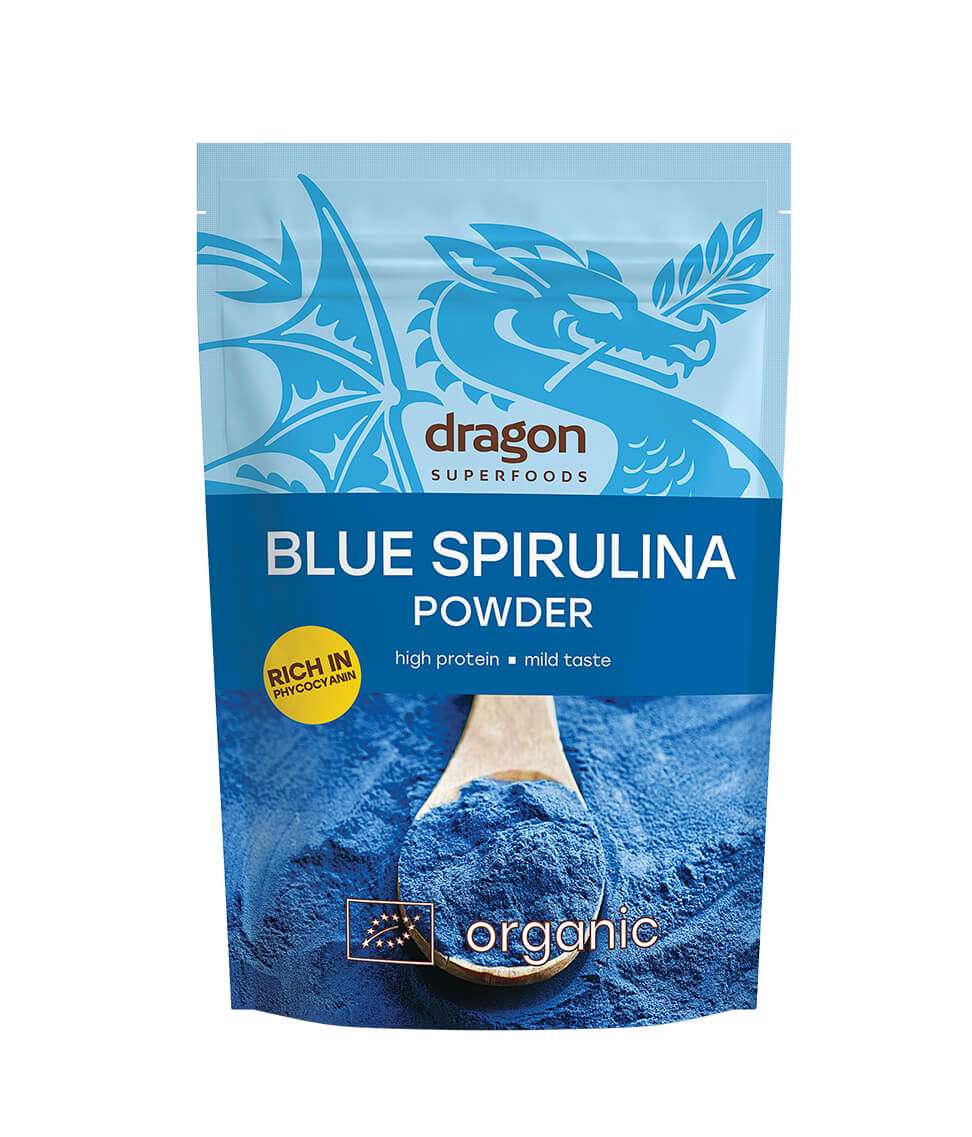

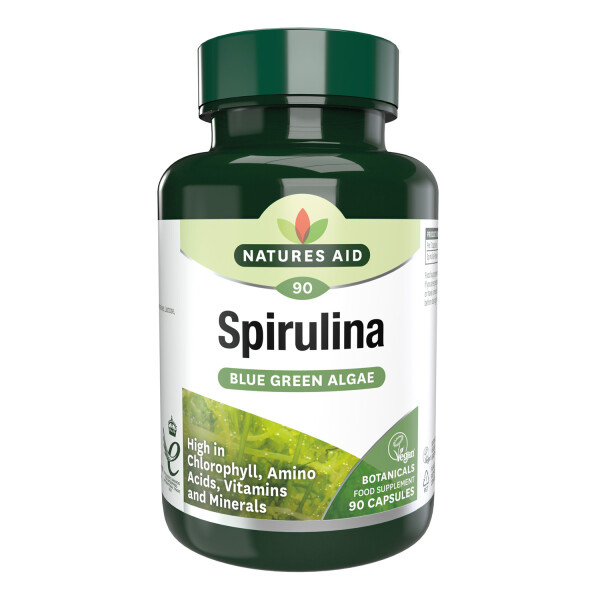
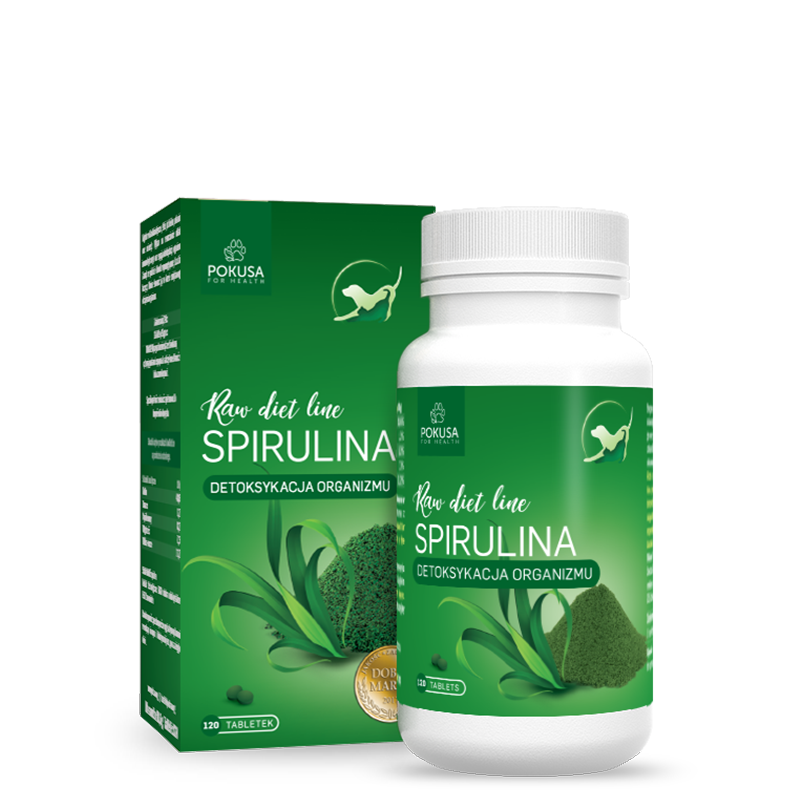
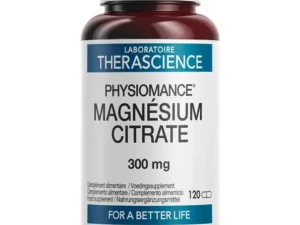
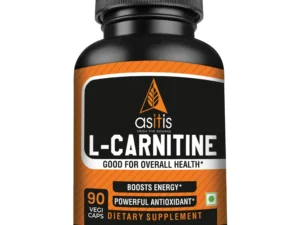
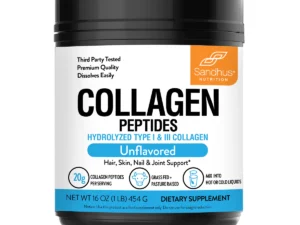

Reviews
There are no reviews yet.